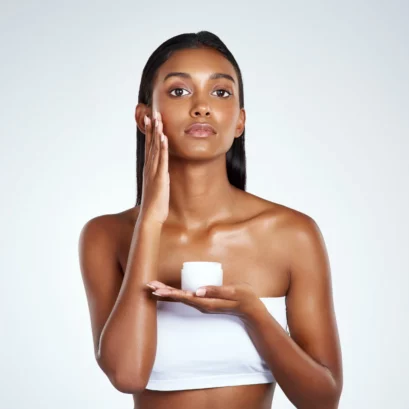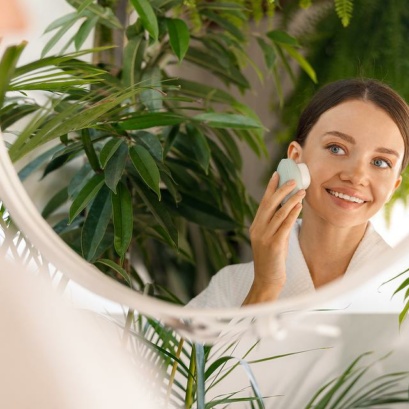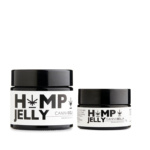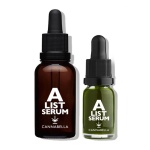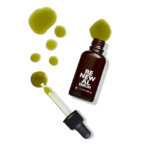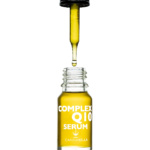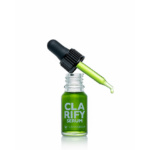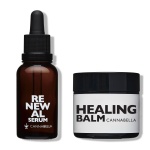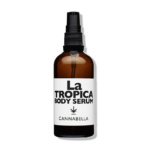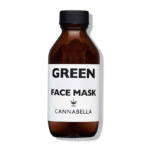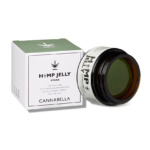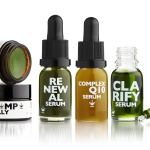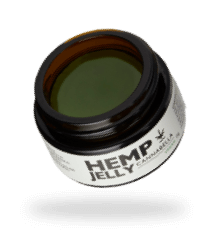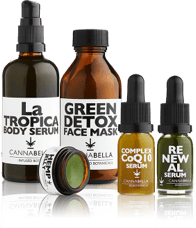Jojoba Oil – pronounced ‘ho-ho-ba’ – sounds festive and fun, but it’s serious business. This highly effective yet gentle ingredient can be found in most skincare ranges, both natural and commercial. A true miracle ingredient, Jojoba Oil is less sticky and greasy than other oils, and is 100% vegan. For these reasons, it has gradually come to replace animal-derived ingredients (like whale oil and other animal fats) in many cosmetic and beauty products.
Jojoba Oil is highly compatible with the skin’s structure. It’s also not actually an oil at all but a one-of-a-kind liquid wax. This gives it the unique ability to penetrate the skin deeply, bringing with it a payload of vitamins (including A,D and E) plus omegas.
Jojoba Oil also contains a number of natural fatty acids, each with their own benefit – from boosting immunity to encouraging the growth of hair, skin and nails. It is deeply hydrating and protective, and suitable to all skin types. With all of these attributes, it should come as no surprise to learn that Jojoba is very in-demand, and considered an essential addition to any moisturizing and anti-ageing formula.
Where Does It Come From?
Our bodies naturally produce enough Coenzyme Q10 to function properly. Roughly a quarter of the CoQ10 in your blood seems to come fro
Jojoba is an oil-like wax extracted from the tough desert plant, Simmondsia chinensis, which grows in southern Arizona, southern California, and north western Mexico. The First Nations Americans were the first to medicinally used the jojoba plant, by heating then crushing the seeds to create a rich salve which was used to nourish their skin and hair.
Today, the oil or wax is extracted from the seeds through cold-pressing, and is mainly used in personal care products in combination with other ingredients (as we’ve used it in our range) or as a standalone skin oil.
m dietary sources and the remainder is produced internally.
Meat, poultry, and fish are the predominant food sources of coenzyme Q10. However, before you stock up on your favourite animal proteins, it’s worth noting that the levels of antioxidants found in these foods aren’t high enough to make much difference to how much we have in our own bodies.
For this reason, when it comes to skincare, direct (or topical) application of formulas containing plant-sourced CoQ10 is recommended.
What Does It Do?
Pure Jojoba Oil is used primarily as a remedy for acne, dry skin, wrinkles and countless other skin conditions. It’s a staple in many cosmetic formulations and is most commonly used to moisturize, cleanse, and control oil production in skin and hair.
From a scientific perspective, Jojoba is not only a humectant (i.e. it seals your skin with a protective barrier to lock in moisture) it’s also non comedogenic, so it doesn’t clog your pores. In fact, the composition of Jojoba Oil is so similar to the sebum which your body naturally makes that your skin can’t tell the difference!
This unique property has earned it the term ‘wonder wax.’
How To Use On Your Skin
The ‘Macgyver’ of plant oils, pure Jojoba Oil can be used on it’s own to moisturise, for anti-ageing treatment (especially around the eye area!), to remove make-up, to nourish the hair and nails and for many more purposes. It is safe to use daily or even multiple times per day.
Combined with other powerful plant-based ingredients as it is in the Cannabella range, it’s efficacy is only increased.
At Cannabella, we’ve used Jojoba as a key addition to our Renewal Serum, Hemp Jelly (both vegan and standard), Complex CoQ10 Serum, Clarify Serum and La Tropica Body Serum. Uses vary for these products, so read our application tips before using.
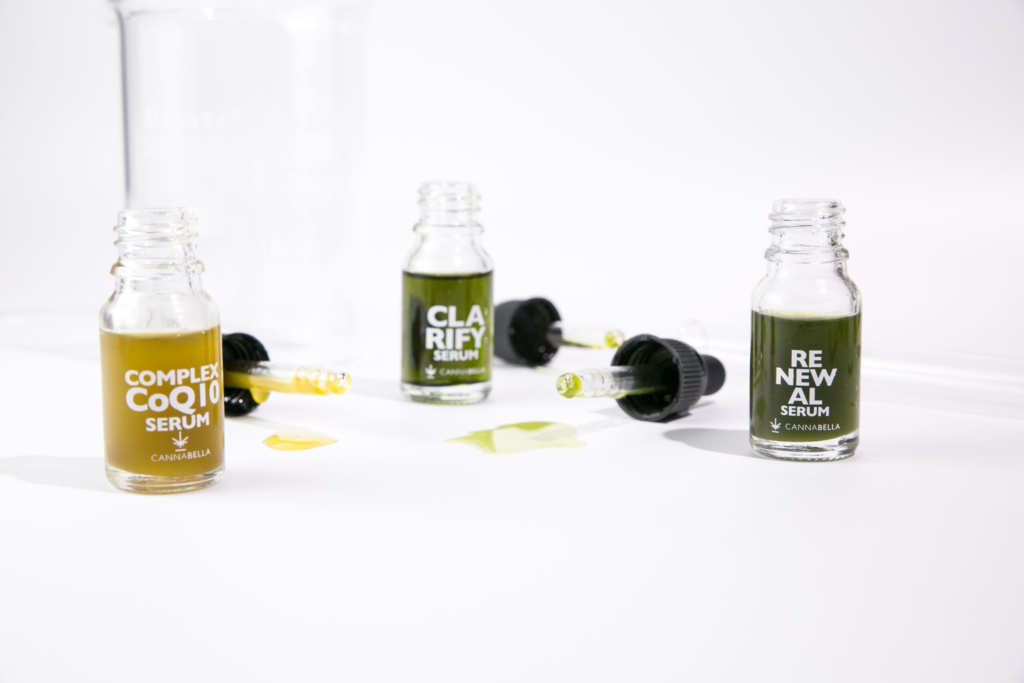
Who Should Use It?
Due to its gentleness and unique compatibility with human skin, Jojoba Oil can be used by literally anyone. It’s a great choice at any age or stage, to help protect and brighten your skin.
Having said that, if you have dry skin or acne-prone skin, pure Jojoba Oil or serums and treatments which contain this ‘wonder-wax’ will be your new best friend!


